Contest Jury
KASIA KABO, TOMEK PYDO / KABO & PYDO
KABO & PYDO is a design and strategic studio founded by the married couple of designers Kasia Kabo and Tomek Pydo in 2012 in Warsaw. Their projects are the result of teamwork, in-depth research and observation of human behavior, and many years of experience in designing products, strategies and brands from many different industries. They transform beautiful visions into market-fit products, giving them captivating aesthetics and exceptional ergonomics. They are guided by respect and harmony in everything they do, and their goal is to improve the lives of people and all beings. They design mainly for industrial manufacturers. They support companies with advice, also in the field of creating design strategies.
Award winners: including: “Red Dot Best of the Best”, “Red Dot” nine times, “IF Design” four times, “German Design Award GOLD”, “German Design Award”, “Good Design” (Australia), “Designer of the Year 2020″, six times ” Dobry Wzór”, “must have” fourteen times, “Top Design” three times and “Lubelski Wzór 2017”.
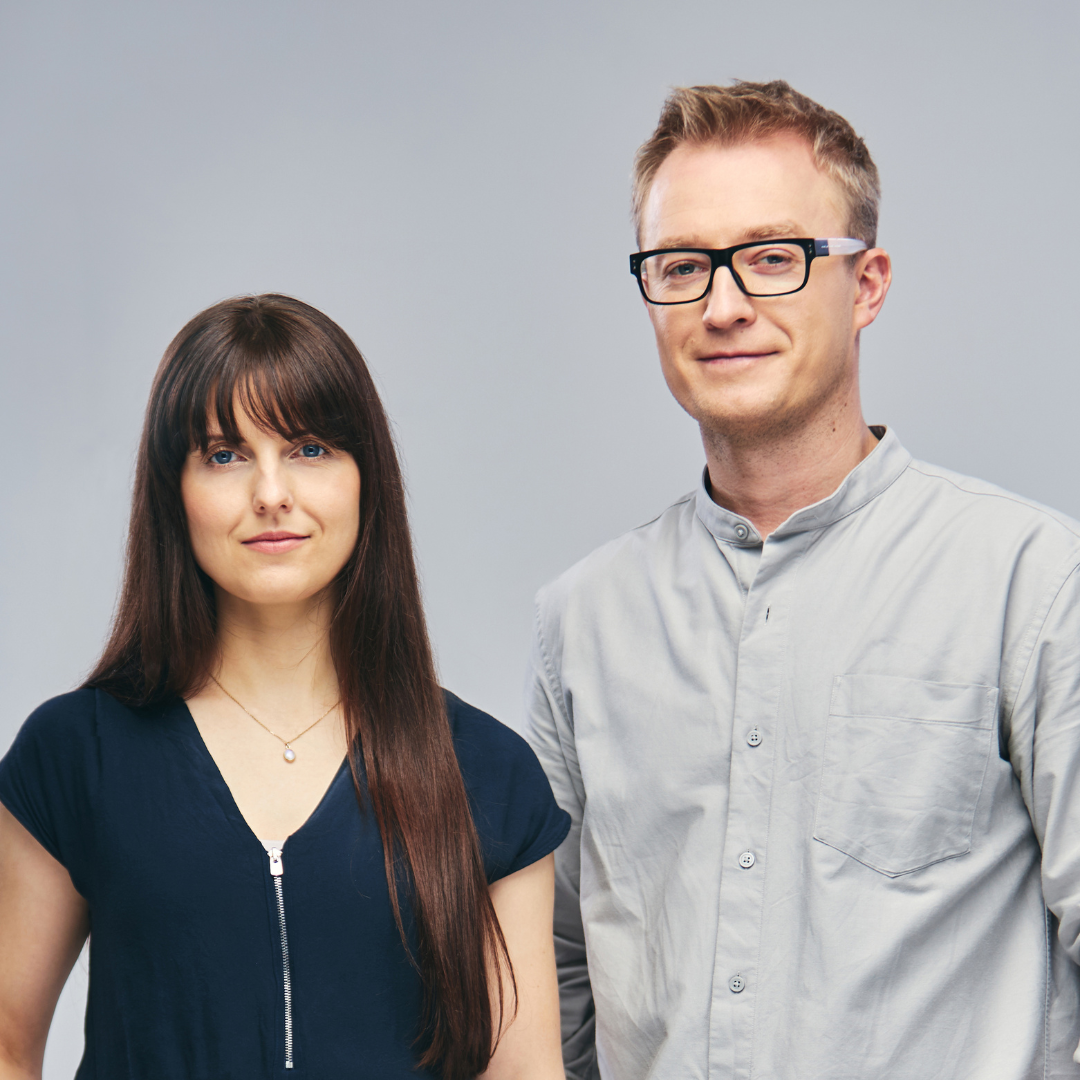
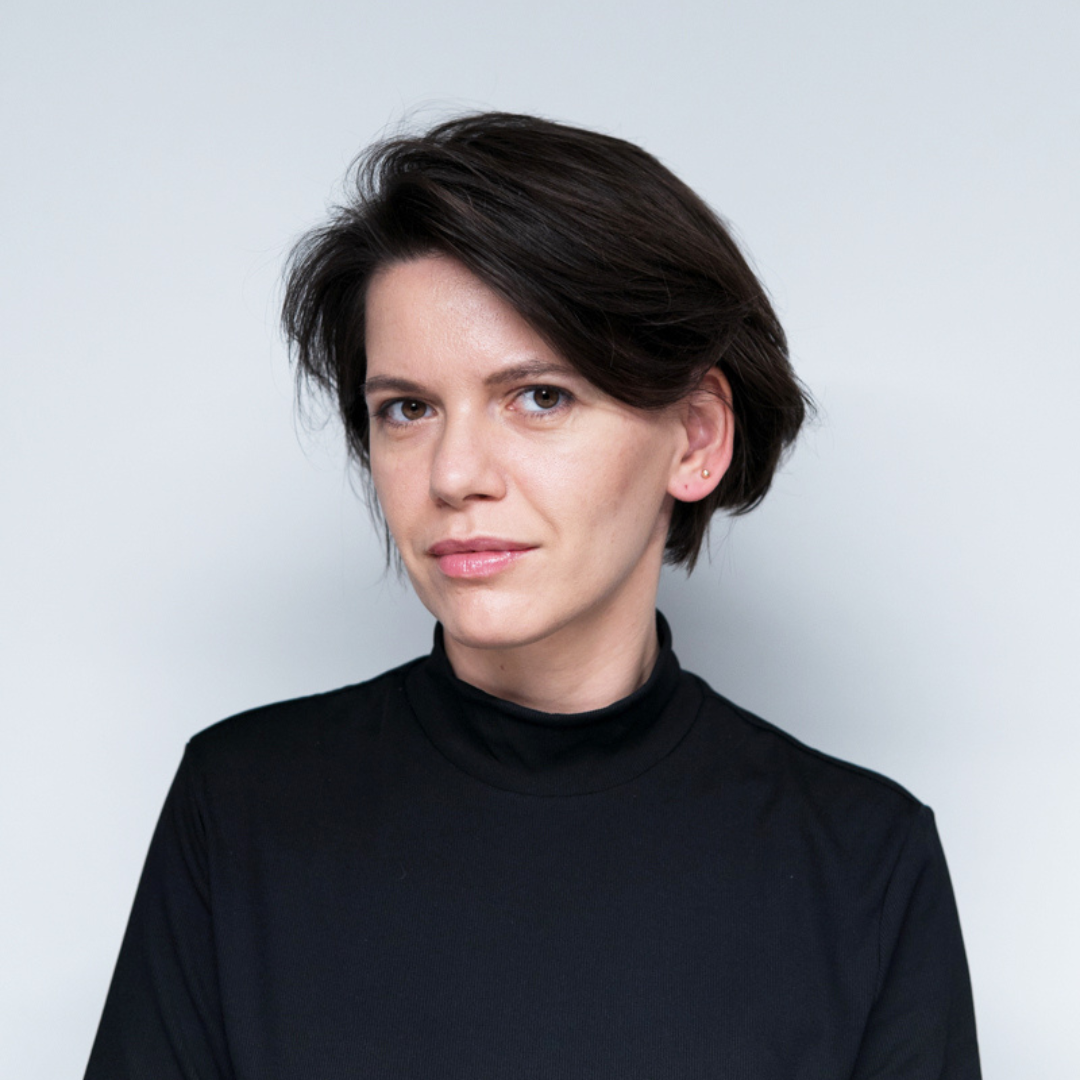
JOANNA KROKOSZ
Designer and lecturer at the Faculty of Industrial Forms of the Academy of Fine Arts in Krakow. She runs the Socially Responsible Design Studio and the Universal Design Laboratory. Joanna deals with social, inclusive and universal design, with particular emphasis on the needs of the elderly, children and people with disabilities. In 2022 she defended her doctorate, the aim of which was to improve the quality of life of the elderly by increasing access to occupational therapy.
Three times she was among the finalists of make me! contest (“Jelonek – a furniture toy”, “Therapy Set – a set of therapeutic aids” and “Uni – a universal rain jacket”). Her projects have been shown at exhibitions, e.g. in Stockholm, Milan, Cologne, Belgrade, Warsaw, Łódź and Kraków.
TOMEK RYGALIK
Designer, founder of Studio Rygalik, working on architecture and products for leading companies and Polish and major brands such as Cappellini, Comforty, Moroso, Miloni, Nobonobo, Noti, Ghidini, Paged, Profim, Siemens, Heineken and Ikea. A teacher of the young generation of designers, with accessible, extensive experience and a doctorate, professor at Aalto University. Founder of the TRE Produkt furniture and accessories brand. Co-founder of the interdisciplinary DesignNature community and its creative campus in Sobole.
Studio Rygalik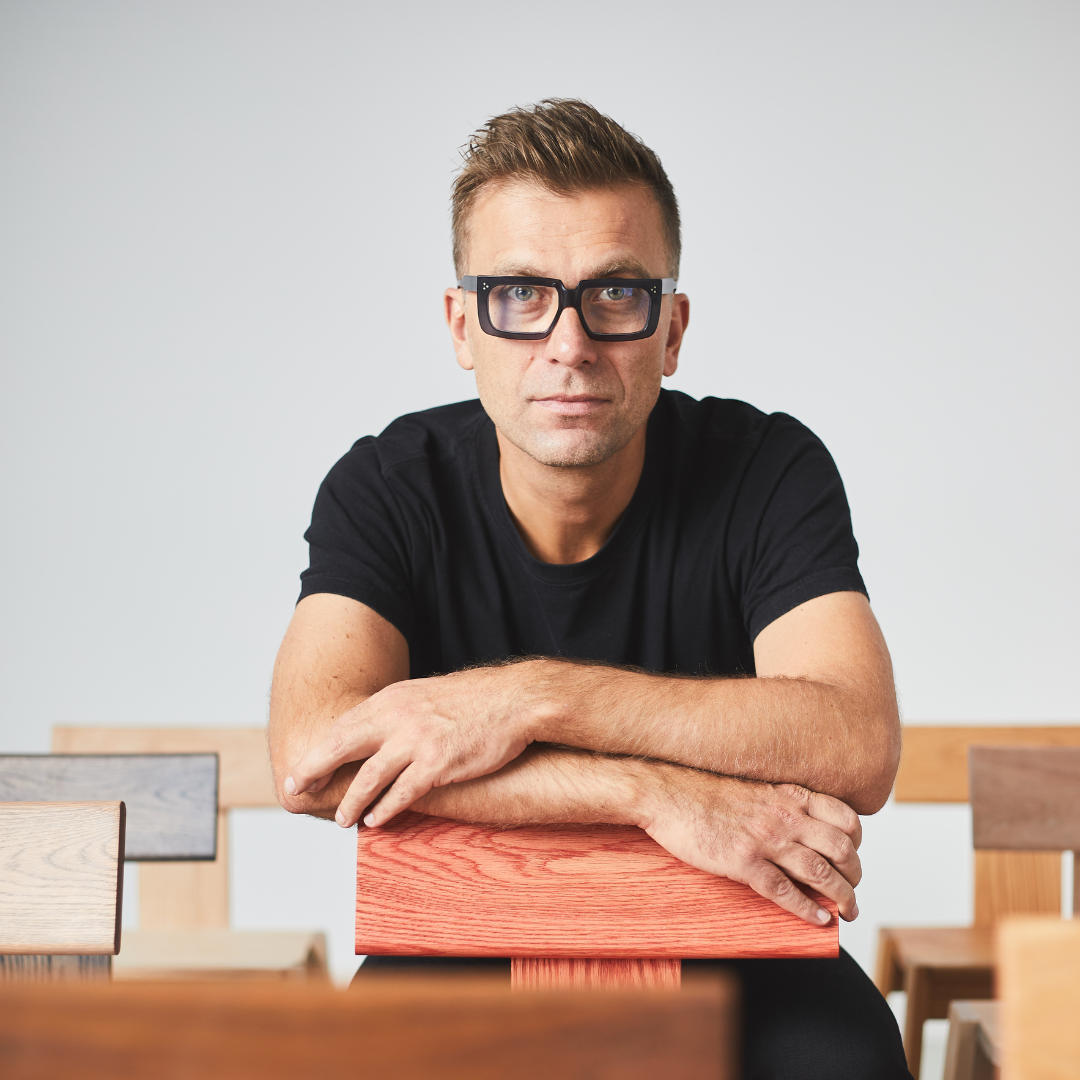
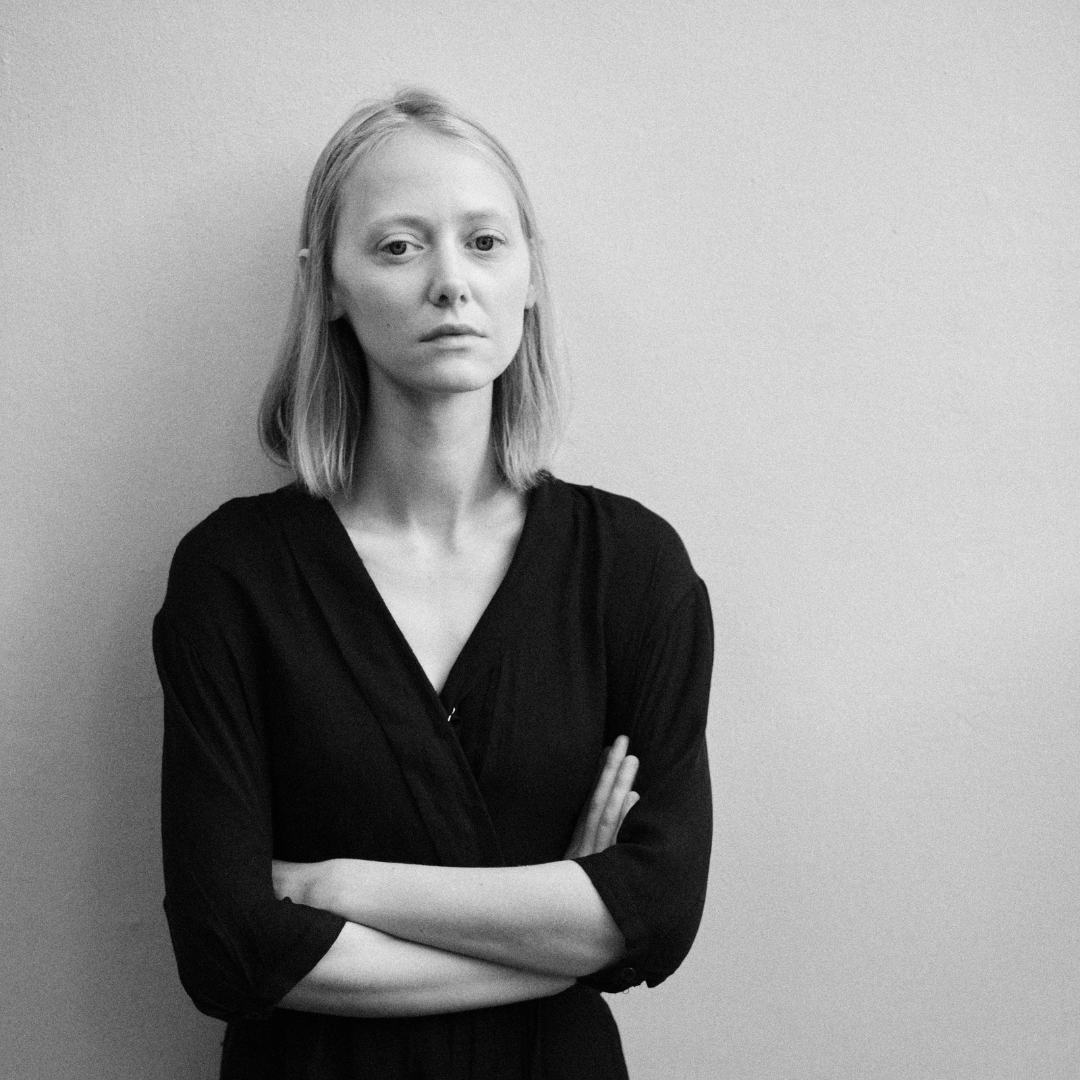
KAJA WERBANOWSKA
Manager of the Promotional Gallery, curator, journalist, producer of photo sessions, art historian. Art and design collector. He cooperates with many national magazines, including: “Vogue Polska”, “Design Alive”, “Art Monitor”, “dwutygodnik.com”, “K MAG”, “KUKBUK”, “Zwykłe Życie”, “Ładne Bebe”. He creates the “Artist’s Place” project, in which he visits artists in their studios. Graduate of the Polish School of Reportage, scholarship holder of the Ministry of Culture and National Heritage, ZAiKS, member of AICA Polska.
Kaja WerbanowskaMICHAŁ PIERNIKOWSKI
Director of Łódź Design Festival. Enthusiast of urban activities and design. Organiser and co-organiser of many projects related to creative industries, including: Ad Days Advertising Festival, Creative Industries Conference, Art_Inkubator and Fotofestiwal.
Co-founder of Łódź Art Center; member of a team engaged in activities aimed at promoting the design in its broad sense in Łódź.
ph. Oświecony
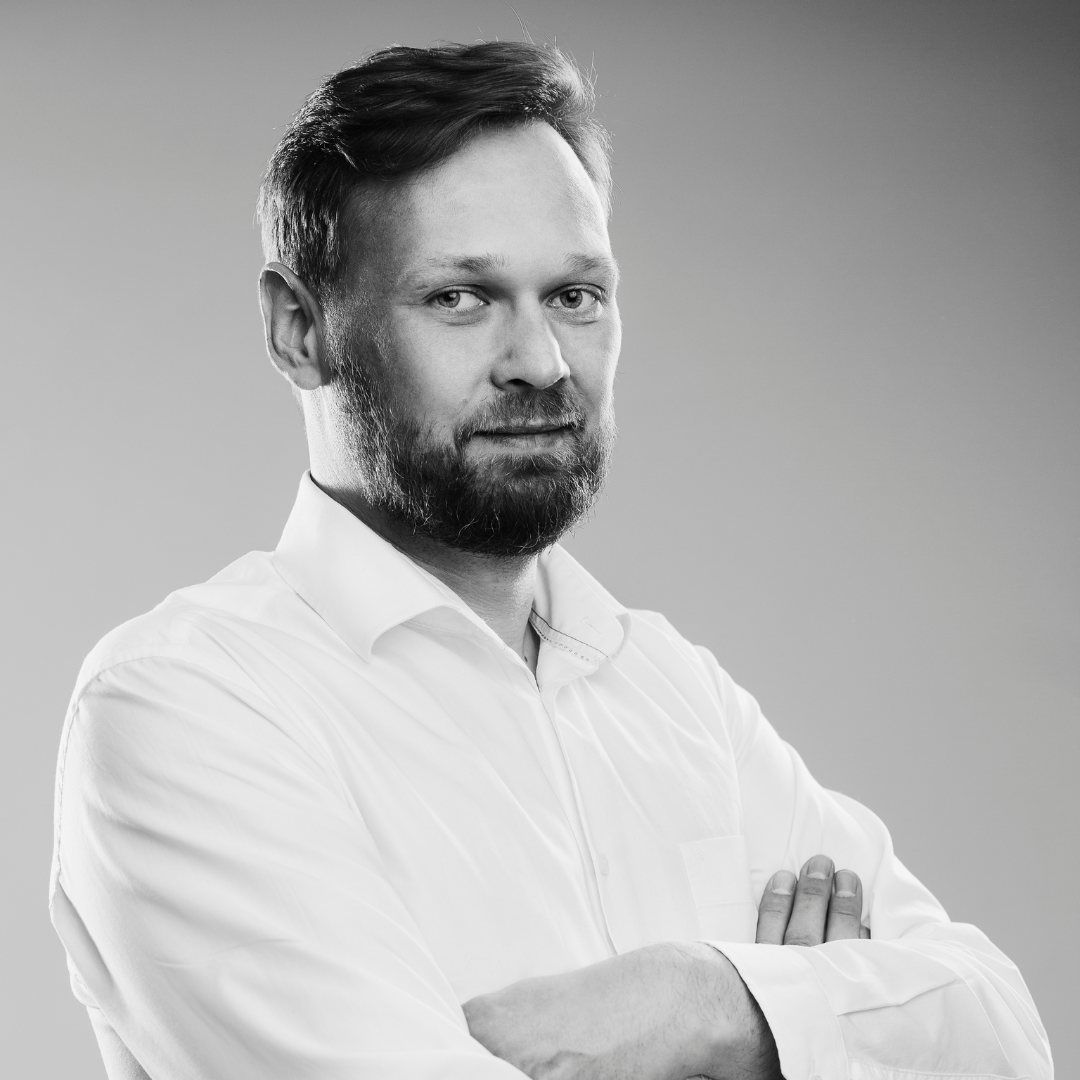
Jury deliberations of the make me! consist of two stages. In the first stage of the deliberations, the jury will evaluate the submitted projects according to the following criteria:
-
Criterion 1 – formal assessment of the presentation of the project – whether the photos / visualizations clearly show the form of the object and its functions, whether the description is understandable and clearly presents the submitted idea, whether the designer has included additional materials / links / presentations explaining the concept,
-
Criterion 2 – Uniqueness of the design solution – whether the designer proposed new solutions or significantly changed the existing solutions,
-
Criterion 3 – Relevance of the assumptions – whether the proposed solutions (form, material, process) really solve the diagnosed problem,
-
Criterion 4 – Aesthetic values of the project – correctness of the adopted solutions,
-
Criterion 5 – market, communication, experimental potential of the project – the project must be characterised by one of three potentials – market potential (correctly diagnosed market demand, production feasibility, cost effectiveness, conscious use of materials), communication potential (the project is characterised by a high fashion-creating potential, neatly fitting in with current trends), experimental potential (the proposed solutions may lead to the development of new, innovative products, even if the product is not yet fully tested, its potential to change and replace existing solutions on the market may be assessed).
In the second stage the jury based on the make me! final projects, will select the winners of the cash prizes.






